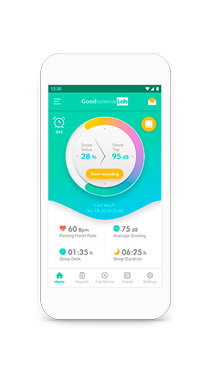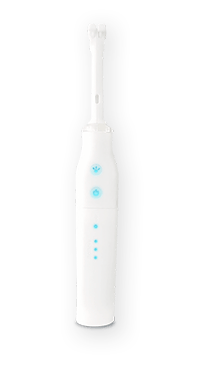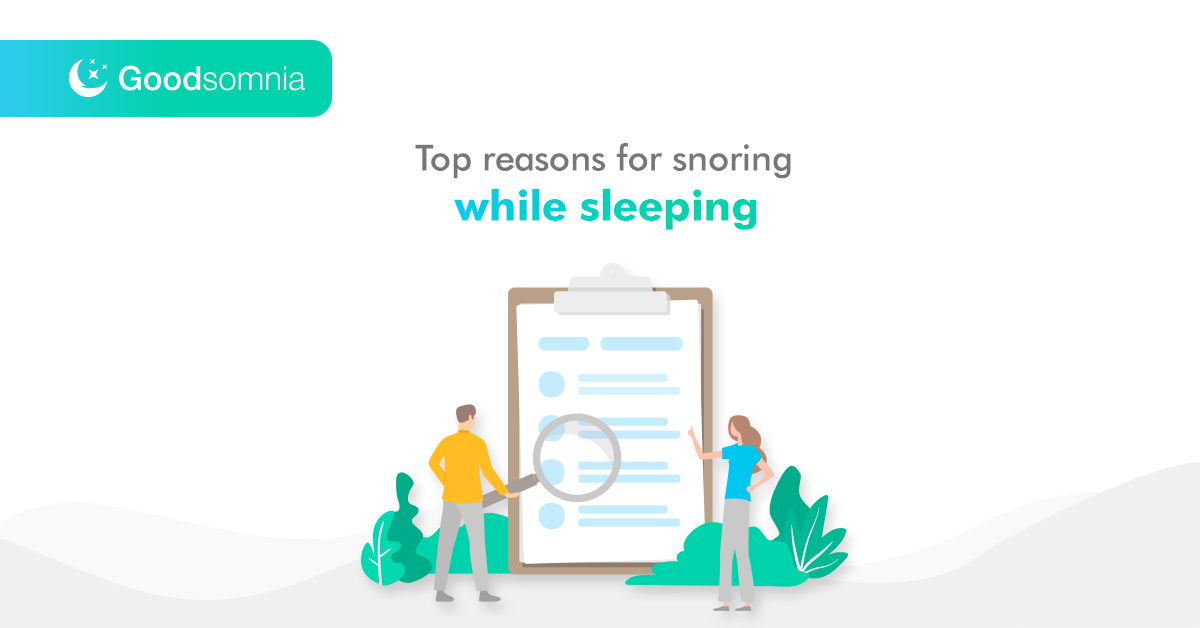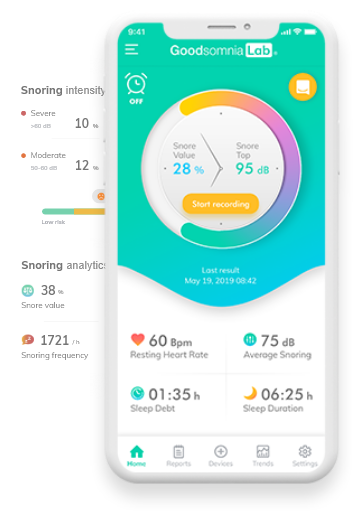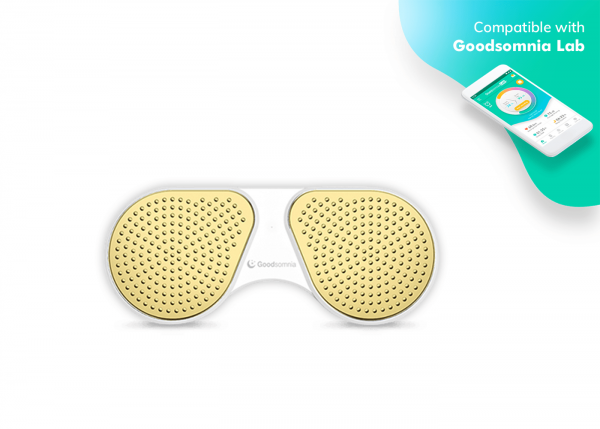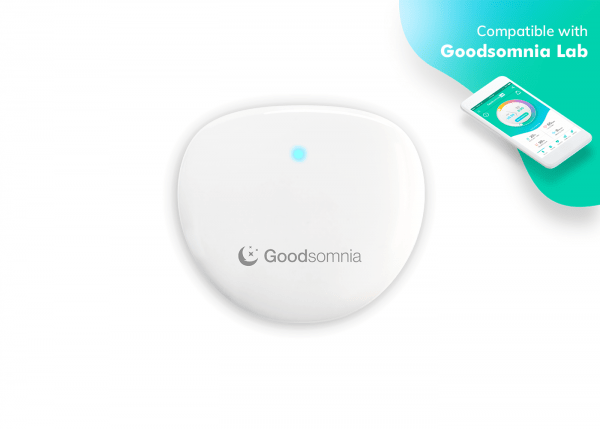If you can’t sleep because you or your bed partner snores, then let us outline the reasons for snoring. Hopefully, you’ll get a better night’s sleep by becoming more aware of how and why those ZZZZ sounds occur.
Reason for snoring
Snoring occurs because of the vibration of the airflow. “While we’re awake, air flows through the throat as well, and we don’t snore” you may say. The real reason for snoring is, while you sleep, throat muscles relax, the tongue falls backwards, and the throat becomes narrow. As a result, when we breathe the walls of the throat begin to vibrate. Snoring reasons are essential to detect as snoring itself may be a symptom of OSA. The reasons behind snoring vary due to the type of snoring and the person.
What are the main reasons for snoring?
Look at the list of top 10 reasons for snoring at night and choose several that might be the reasons why. Then rate them from 1 to 8 how likely they can trigger your snoring and pick one or two that get the highest score. This can be a comfortable home test, and you don’t need to diagnose yourself what is the main reason for snoring but to be more aware of how your body feels.
- Genetics
- Physiology
- Allergies
- Weight gain
- Smoking, alcohol
- Medications consumption
- Ageing
- Male
- Sleeping position
- Sleep apnea
We also recommend you ask your bed partner or relatives when they notice you snoring while sleeping on your back, after a couple of glasses of wine or anything else. Monitoring your sleep is useful to get to know what are the reasons for snoring.
Reasons for snoring loudly
What is loud snoring? It’s considered that snoring at about 58 to 68 dB is loud and may be difficult for bed partners to sleep through. Reasons for snoring loud and reasons why people snore all intersect. There’s no separate list of loud snoring causes, but there’re three that increase the chances:
- Age. With age, our throat muscles become less elastic and soft. It usually causes prolonged and loud snoring.
- Bad habits. Alcohol is a depressant, so it also relaxes throat muscles. Eating junk food can create extra tissues in the back of the throat that may narrow the airways.
- OSA. While snoring leads to OSA, sleep apnea may also increase snoring volume and is closely associated with arterial hypertension, metabolic syndrome, cardiovascular disease, and stroke.
If you notice that your snoring has become constant or very loud lately, you may start using Goodsomnia Lab to monitor snoring. With its help, you get to know more about snoring frequency, intensity and detect snoring in the initial stages. Consulting with a doctor wouldn’t be that scary with this information.

